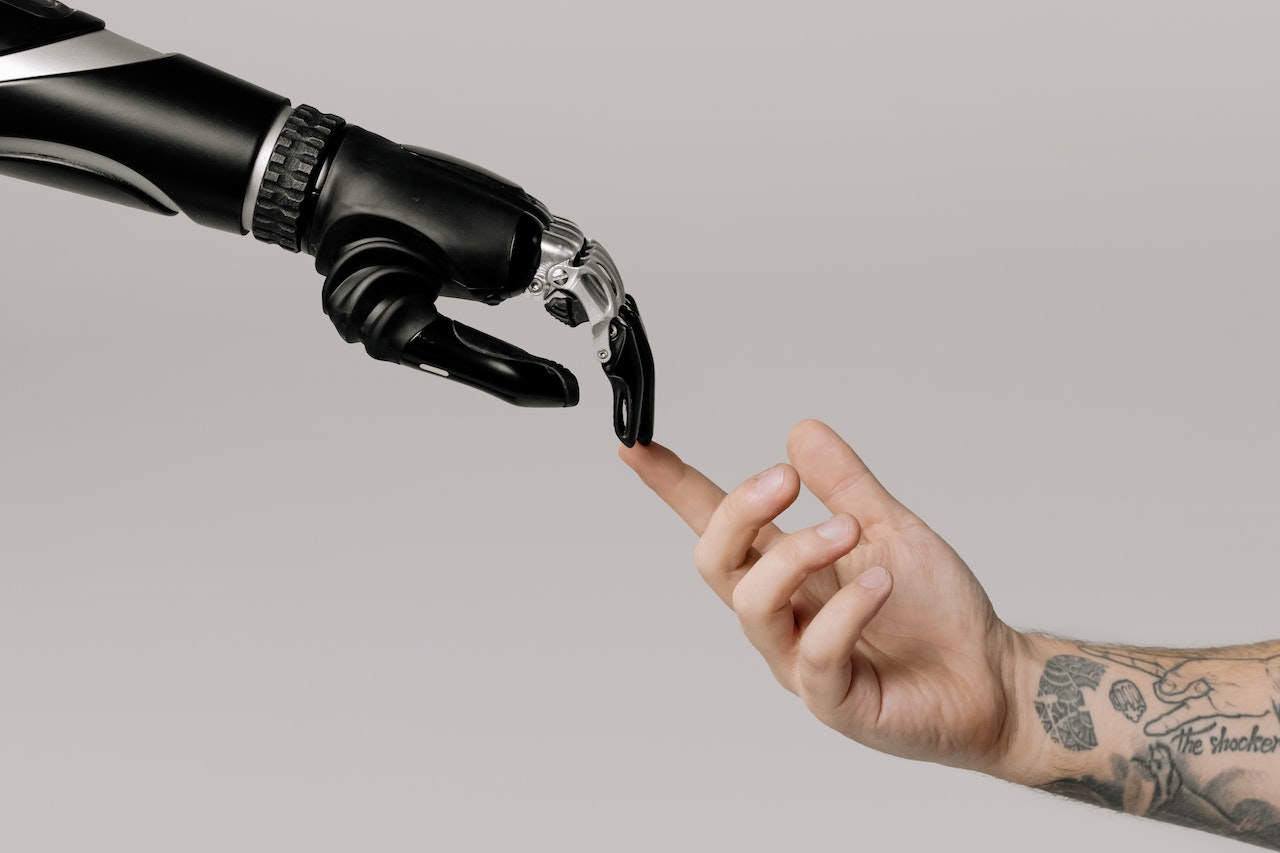Artificial Intelligence (AI) systems have become synonymous with regenerative efforts that aim to help business owners streamline their operations and assist marketers with developing more foolproof strategies to garner attention from the right target audience.
Over the last decade, and perhaps more so within the last several years, AI systems have rapidly become an implementation for businesses looking to take better advantage of newer and more advanced technologies.
Research by Gartner Inc from 2018 found that AI implementation grew 270% between 2015 and 2019. The results showed that organizations across different industries have applied a variety of AI system applications, but at the time of the research tech-talent shortages remained a major headwind for them.
Moreover, the average number of AI system capabilities used by organizations has doubled between 2018 and 2022 according to a McKinsey report on The state of AI in 2022.
The sudden boom in AI’s core-value offering comes as no surprise given the role it played during the height of the pandemic.
A separate State of AI 2020 Report by Appen indicated that around 41% of companies increased their AI strategies during the start and height of the COVID-19 pandemic.
Accelerating advancements in recent years has meant that AI, Machine Learning (ML), and Natural Language Processing (NLP) have moved away from being considered a replacement for mundane and monotonous tasks.
Instead, it’s now taken a seat at the corporate table, looking to improve employee productivity and efficiency and help develop more dynamic strategies for both business owners and marketers.
Considering the outputs delivered by AI, ML, and NLP, now is perhaps the most exciting time for business owners and marketers to be part of the technological revolution, and start looking to embrace what it can do, and how it can help your business grow.
AI In The Business Sphere
There’s recently been a lot of conversations surfacing over whether AI will replace humans in the workplace.
While we already see how AI has replaced mundane tasks and activities with robo-advisors, chatbots, and even deep machine learning; there’s a better chance that this technology will help improve our performance in the workplace, rather than fully replace it, says David Stewart, founder and CEO of Guide To Europe, an online travel aggregator.
Instead of being left behind, and playing catch-up in the coming years, here’s a look at what business owners can do to make better use of AI in the workplace and develop AI strategies that can benefit the business, employees, and the bottom line.
Understand The Many Facets Of AI
AI has for years been clouded in stereotypes that reflect a traditional view of what technology is and how it will transform our human abilities in the near future.
Real-world applications of artificial intelligence are already present in our everyday lives. From the cars we drive, the smart devices we use, and even the content we interact with online or on social media – most of these systems are operated using some form of AI.
With so many uses for AI, and seeing widespread adoption thereof across multiple industries, it becomes a challenge to fully understand what AI is, how it works, and what it can do for your business.
At a minimum, it’s essential that as a business owner, you learn the basic principles of AI genetic makeup. Although these systems can become increasingly complex and hard to understand at first, it’s best to become comfortable with AI and how it can be a beneficial adoption within your business.
Get More Comfortable With AI Applications
The truth is, AI is here to stay, and it’s only going to start picking up more momentum in the coming years, as development and investment for these systems grow even faster.
As a business owner, it’s about being more flexible and open to the idea of bringing AI on board. Seeing what AI can do for your competitors and realizing that it might work in your company only further highlights how far AI has come since its inception.
Be willing to change or bring change about where needed. AI is more than a machine that reads data or analyzes information. The complexities of AI mean that businesses can see an improvement in employee productivity, engagement, and overall growth in technical applications.
Getting comfortable with AI in the workplace comes from minor things, such as using it to generate or respond to emails, automating content publication, or customer outreach surveys. Analyzing and monitoring shopping trends, or using them for customer correspondence.
These and other systems are already being applied, and although it has replaced some human activity, it’s managed to increase productivity and allow employees more time to focus on other responsibilities.
Try Out Existing Tools
Another way business owners can get comfortable with AI, in the long run, is to start experimenting with existing AI tools. Instead of overwhelming yourself, consider how these tools can help you with day-to-day activities, or perhaps improve your schedule by automating several tasks throughout the day.
As a start, you can use Otter.ai to help record meetings. This system will also help write notes and make summaries of each meeting. This ensures that all important information has been captured, stored, and sent to all the appropriate employees to review at a later stage.
Another easy-to-use application is Jasper.ai, which creates outlines for blog content including introductions, and conclusions, or generates text-based input for blogs and service pages. Although it may seem more generic than writing the articles yourself, Jasper.ai helps to capture metadata to effectively create text-based articles or blog posts on a variety of topics.
Then there is Infobip, a comprehensive chatbot that helps users build and deploy fully customized chatbots. These chatbots can help to deliver around-the-clock customer service and help minimize the need to answer or respond to customer queries. In essence, these chatbots help lower operational costs, while at the same time increasing customer engagement.
Dozens of similar AI platforms and systems can help business owners maximize their time, while at the same time improving overall productivity.
Business owners can utilize these tools more effectively in a way that lowers costs, increases productivity, and helps build more automated systems within the business.
Build Personalized Experiences
For consumers, personalization is one of the most important aspects of supporting new businesses and becoming loyal customers over time.
Research shows that roughly 80% of consumers are highly likely to support or buy from a business that offers them some sort of personalized experience.
Even more, figures from Statista revealed that about 90% of American consumers find personalized marketing efforts more appealing.
With this in mind, we get a better picture of how important customization and personalization have become in the value chain, especially considering the consumer base.
These efforts filter through to several facets of the business and are not only confined to the marketing or product aspects. These efforts should entail business operations, customer engagement, and even outreach emails.
With the use of artificial intelligence, it becomes increasingly possible for business owners to better understand their target market, and how to engage with them in a more personalized way.
AI can help gather the information or data required to build more personalized ads, marketing strategies, or social media content. This enables business owners to directly engage with their target audience without spending too much time and resources finding viable solutions to their digital problems.
To Finish Off
Artificial intelligence is more than simple digital systems that help improve the way we live and work. These systems have become increasingly complex, and ever so dynamic, bringing better and more reliable solutions to the forefront, and helping business owners realize the potential technology can have within the workplace.
There is however still a lot we need to learn and understand when it comes to AI, and for business owners who are willing to learn and adapt, to avoid getting left behind, now is perhaps the best time to become more comfortable with AI and its continuously evolving capabilities.
Published First on ValueWalk. Read Here.
Featured Image Credit: Cottonbro; Pexels; Thank you!



